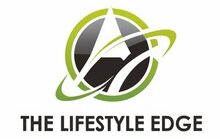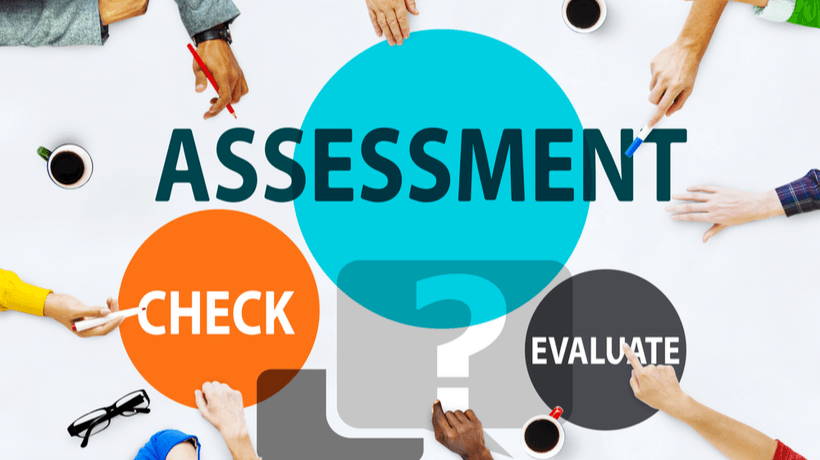Introduction
Educational assessment is the cornerstone of effective teaching and learning. It is a process that helps educators gauge student progress, evaluate the effectiveness of instructional methods, and make informed decisions to improve education outcomes. In this article, we will delve into the world of educational assessment, its various types, its significance in shaping educational excellence, and the evolving trends in the field.
The Significance of Educational Assessment
Educational assessment serves multiple crucial purposes:
- Student Progress Tracking: Assessment helps educators monitor individual and group progress, identifying areas where students excel and areas that may require additional support.
- Curriculum Improvement: Assessments provide valuable data to refine and adapt curriculum and teaching methods to better suit student needs.
- Accountability: It holds educators, institutions, and policymakers accountable for the quality of education and ensures that students receive a well-rounded education.
- Personalized Learning: Assessment data can inform personalized learning plans, allowing students to receive instruction tailored to their strengths and weaknesses.
- Motivation and Feedback: Regular assessments provide students with feedback on their performance, motivating them to improve and reach their full potential.
Types of Educational Assessment
- Formative Assessment: This type of assessment occurs during the learning process, providing ongoing feedback to teachers and students to guide instructional adjustments. Examples include quizzes, class discussions, and peer evaluations.
- Summative Assessment: Summative assessments are typically used to evaluate learning outcomes at the end of a unit, course, or academic year. Examples include final exams, standardized tests, and end-of-term projects.
- Diagnostic Assessment: Diagnostic assessments are used to identify a student’s strengths and weaknesses at the beginning of a course, helping teachers tailor instruction to meet individual needs.
- Performance Assessment: These assessments require students to apply their knowledge and skills to real-world tasks, such as presentations, portfolios, or experiments.
- Self-Assessment: Encouraging students to assess their own learning progress fosters self-awareness and metacognitive skills, allowing them to take more ownership of their learning.
Evolving Trends in Educational Assessment
- Competency-Based Education: Assessment is shifting towards a competency-based model, where students demonstrate mastery of specific skills or knowledge areas before progressing to the next level.
- Digital Assessment: Technology has enabled the development of computer-based assessments and online testing platforms that offer more flexibility and accessibility.
- Formative Assessment Tools: Educational technology has brought forth various formative assessment tools that provide real-time feedback and insights, helping teachers adjust instruction on the fly.
- Authentic Assessment: There is a growing emphasis on authentic assessment methods that mirror real-world situations, promoting critical thinking and problem-solving skills.
- Social and Emotional Learning (SEL) Assessment: Assessments now consider social and emotional development, helping students develop skills like empathy, resilience, and self-awareness.
Conclusion
Educational assessment is not merely a means of evaluation; it’s a vital tool for improving educational outcomes, fostering student growth, and shaping the future of education. The evolving landscape of assessment, including formative and summative methods, digital tools, and a focus on competencies and SEL, is making education more dynamic and responsive to student needs. As we move forward, educational assessment will continue to evolve, ensuring that educators have the insights and tools they need to empower students to achieve their full potential and excel in an ever-changing world.



